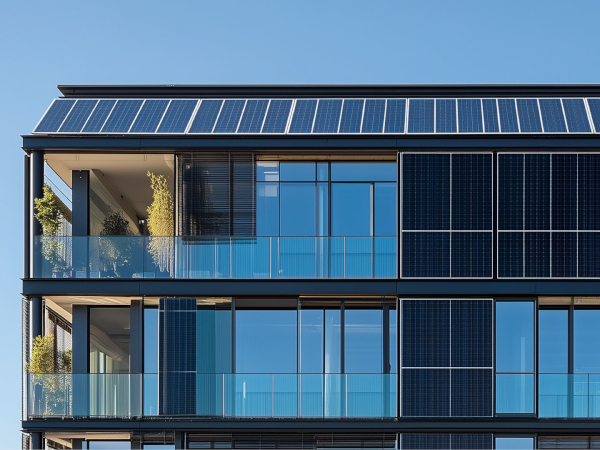Date: 10 June 2008

The company will more than double manufacturing capacity of Solamet® pastes as part of its overall strategy to more than triple its sales to the photovoltaic industry. DuPont expects that its sales into photovoltaics within the next five years will be over $1 billion – up from about $300 million today. DuPont anticipates that the PV market will grow by more than 30 percent in each of the next several years, driving demand for existing and new materials that are more cost effective.
“The PV industry is in the midst of a substantial surge globally, and demand for solar as a renewable energy source will continue to increase,” said Timothy P. McCann, vice president and general manager -- DuPont Electronic Technologies. “We are expanding Solamet® production to support increased demand. Through future development, we will accelerate our ability to deliver innovations that will further drive down PV system costs and improve the lifetime and performance of solar modules. As a leading global materials supplier to the photovoltaic industry, we are using our science to make the use of renewable energy easier for everyone.”
DuPont™ Solamet® thick film metallization pastes are used for front and back side metallization of solar cells, enabling solar cell manufacturers to significantly reduce their cost per watt by achieving higher cell efficiencies, higher production yields and lower material consumption. The Solamet® expansion in Asia represents a significant investment that will help DuPont keep pace with global demand and ensure its customers have enough volume of material to meet their needs.
The Solamet® expansion is in line with several other significant investments DuPont has made in product development and capacity increases for the photovoltaic solar energy market, including a recent announcement that it soon will begin construction on a research center in Hong Kong and a manufacturing facility in Shenzhen to help meet demand for new and existing products that serve the emerging amorphous silicon thin film PV market.
DuPont was the first multinational company to establish a production facility for thick film microcircuit materials in China. Since its startup in 1996, the Dongguan facility has been serving the growing China electronics market for products that support such industries as telecommunications, automotive electronics, passive components and photovoltaics.
DuPont is a science-based products and services company. Founded in 1802, DuPont puts science to work by creating sustainable solutions essential to a better, safer, healthier life for people everywhere. Operating in more than 70 countries, DuPont offers a wide range of innovative products and services for markets including agriculture and food; building and construction; communications; and transportation.
Forward-Looking Statements: This news release contains forward-looking statements based on management’s current expectations, estimates and projections. All statements that address expectations or projections about the future, including statements about the company’s strategy for growth, product development, market position, expected expenditures and financial results are forward-looking statements. Some of the forward-looking statements may be identified by words like “expects,” “anticipates,” “plans,” “intends,” “projects,” “indicates,” and similar expressions. These statements are not guarantees of future performance and involve a number of risks, uncertainties and assumptions. Many factors, including those discussed more fully elsewhere in this release and in DuPont’s filings with the Securities and Exchange Commission, particularly its latest annual report on Form 10-K, as well as others, could cause results to differ materially from those stated. These factors include, but are not limited to changes in the laws, regulations, policies and economic conditions of countries in which the company does business; competitive pressures; successful integration of structural changes, including acquisitions, divestitures and alliances; research and development of new products, including regulatory approval and market acceptance, and seasonality of sales of agricultural products.












Add new comment